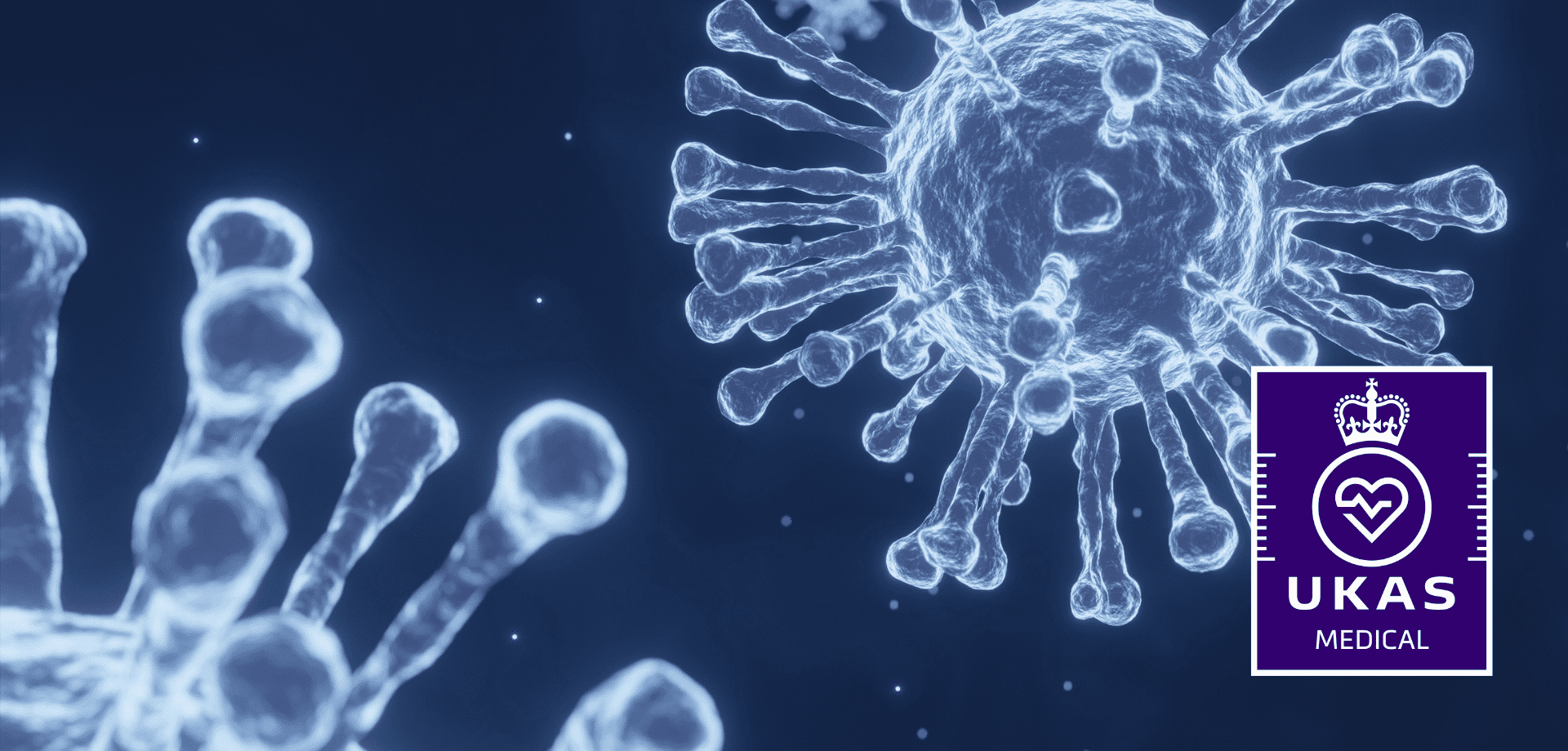Tag: laboratory
Our new, in-Clinic PCR laboratory is now open: Introducing Fleet Street Laboratory.
Our historic Grade II listed premises have been adapted to accommodate one of the latest and most technically advanced robotic PCR systems anywhere, enabling us to carry out more tests simultaneously, accurately, and delivering the fastest results. Our lab upgrade means we will also continue to meet the highest quality and safety standards.
PCR technology is not new, but until recently hasn’t needed the space, complexity and resources of a full-scale clinical laboratory. Our upgrades mean samples can be processed in large batches rather than individually run.
In 2017, we embraced the challenge of bringing PCR closer to the consulting room: a pioneering colleague in the US had begun to use PCR at “point-of-care”, and I’d seen the benefits to patients first-hand. The Fleet Street Clinic became one of the first practices in the UK to apply this to respiratory infections, and also to gastrointestinal infections in returning travellers at our busy Travel Medicine practice. This enabled us to confirm a diagnosis and start treatment all at the same initial visit.
PCR stands for “polymerase chain reaction”.
It is a laboratory technique that exponentially amplifies the tiniest traces of any genetic material – DNA and RNA – that exactly matches the infection or disease under test. Instead of hunting with microscopes, or incubating cultures for days at a time, viruses, bacteria and parasites can be found quickly and reliably. They can be sought individually, or in “syndromic panels”: a respiratory panel, for example, can screen a sample for an array of 22 different organisms at the same time, each capable of causing respiratory symptoms, detectable from a nasal swab.
By the time SARS-CoV-2 reached the UK at the beginning of 2020, we were onto our second generation of PCR systems. We had just added two faster and more efficient machines, adding a panel of sexually transmitted infections to the repertoire (and capable of delivering a full sexual health screen in a couple of hours rather than the 2 to 3-day turnaround that our outside lab was offering). Both were quickly “upgraded” to be able to detect coronavirus infection – and when I contracted a mild version at the beginning of March 2020, my sample was our first in-house positive case. Within a couple of weeks, demand for consumables overwhelmed supplies, and we were left with equipment that was impossible to use.
One year on, we have dramatically expanded our capacity and capabilities. We have four sophisticated PCR systems, each with different strengths and capabilities, to which our newest system will now be added. We have been able to support some of the most challenging requirements: from clinical diagnosis (including support for the NHS) to facilitating international travel; and workplace screening for critical industries and complex projects – including major film production in the UK and abroad. Our focus has been on combining high quality service with the fastest possible turnaround. We have built expertise, developed our team, and are very excited about our new lab.
Come and see it next time you come to the Fleet Street Clinic!
Or if you need a PCR test, you can book online.




